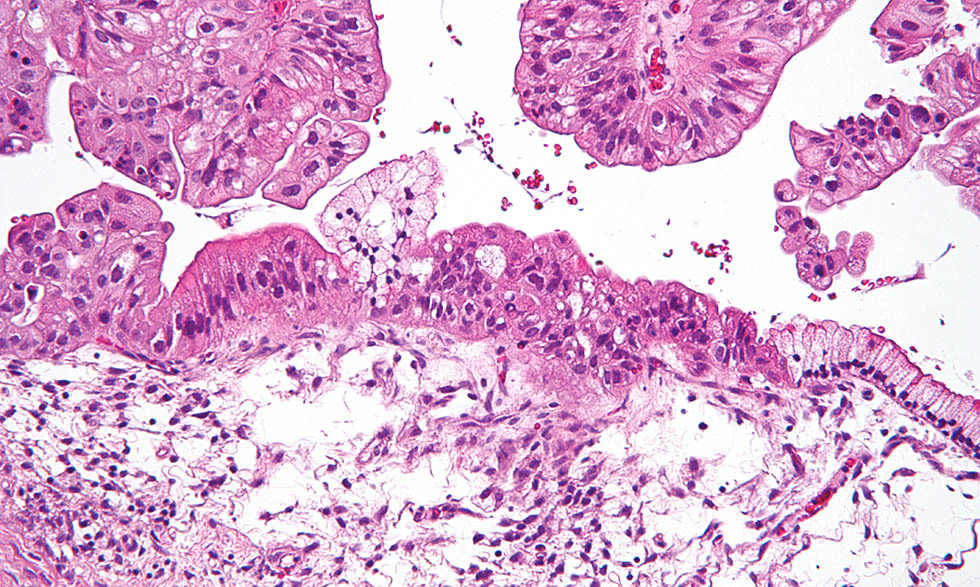
Credits:Illustration by Alex Shipps/MIT CSAIL using six AI-generated images develped by researchers.
In our current age of artificial intelligence, computers can generate their own “art” by way of diffusion models, iteratively adding structure to a noisy initial state until a clear image or video emerges.
Diffusion models have suddenly grabbed a seat at everyone’s table: Enter a few words and experience instantaneous, dopamine-spiking dreamscapes at the intersection of reality and fantasy...
Read More









Recent Comments